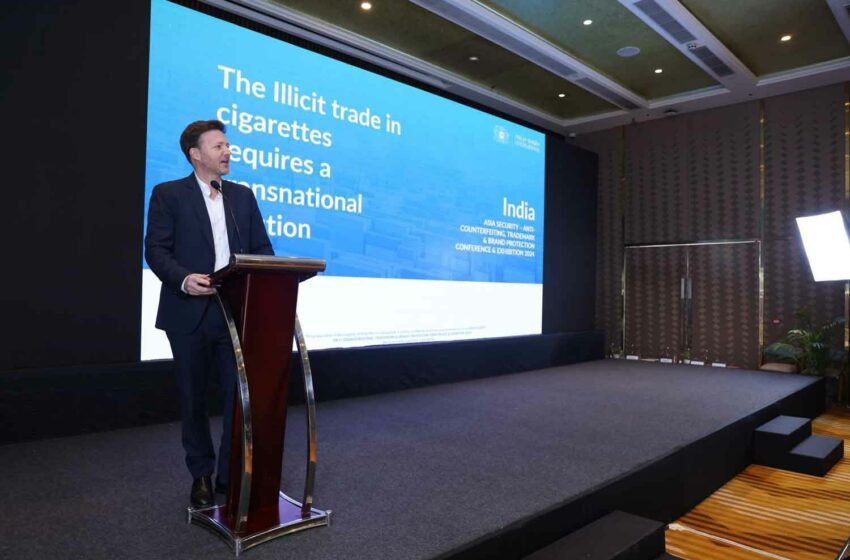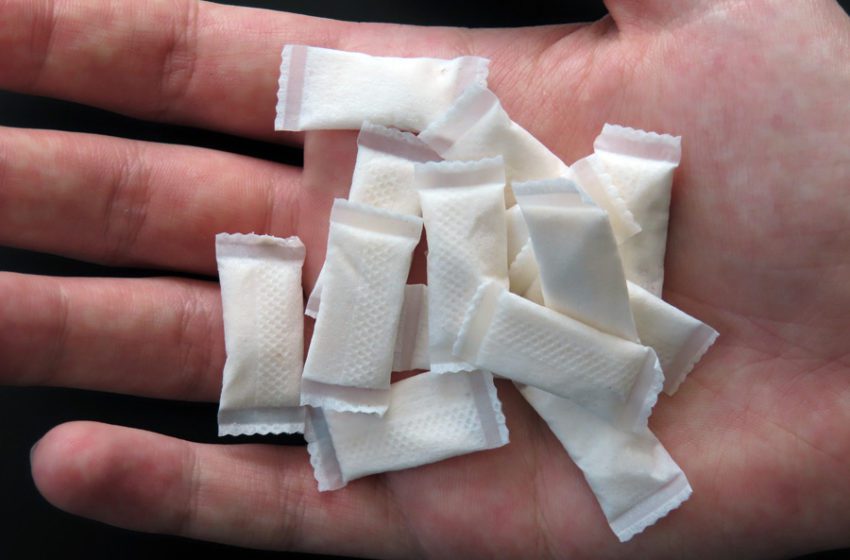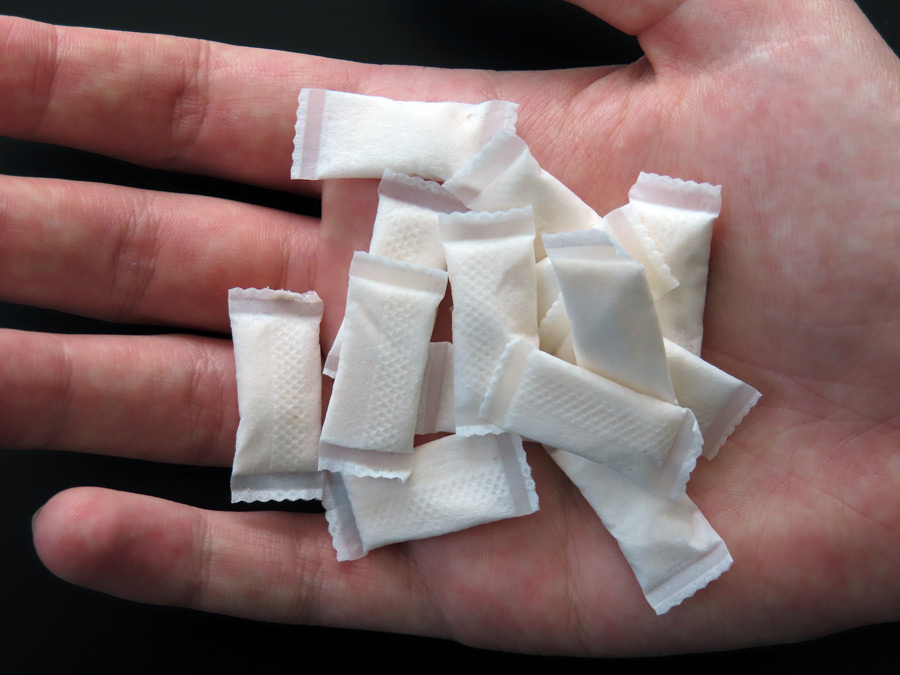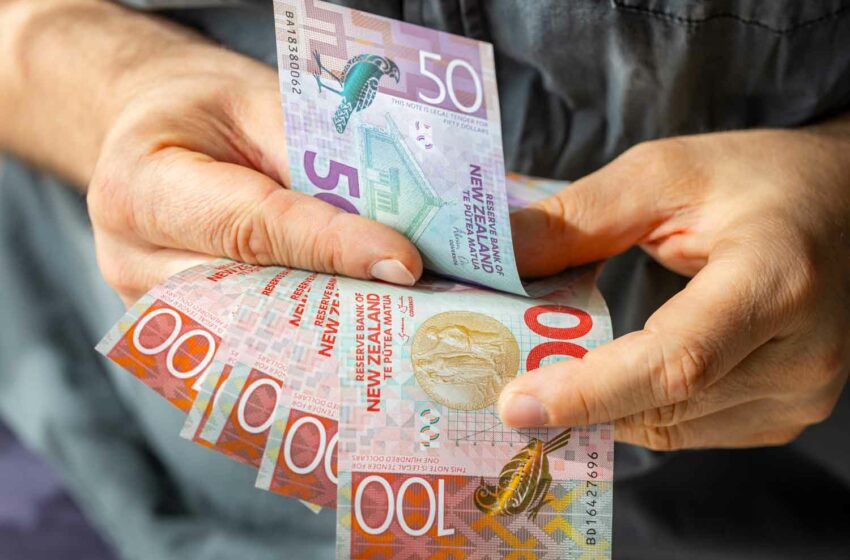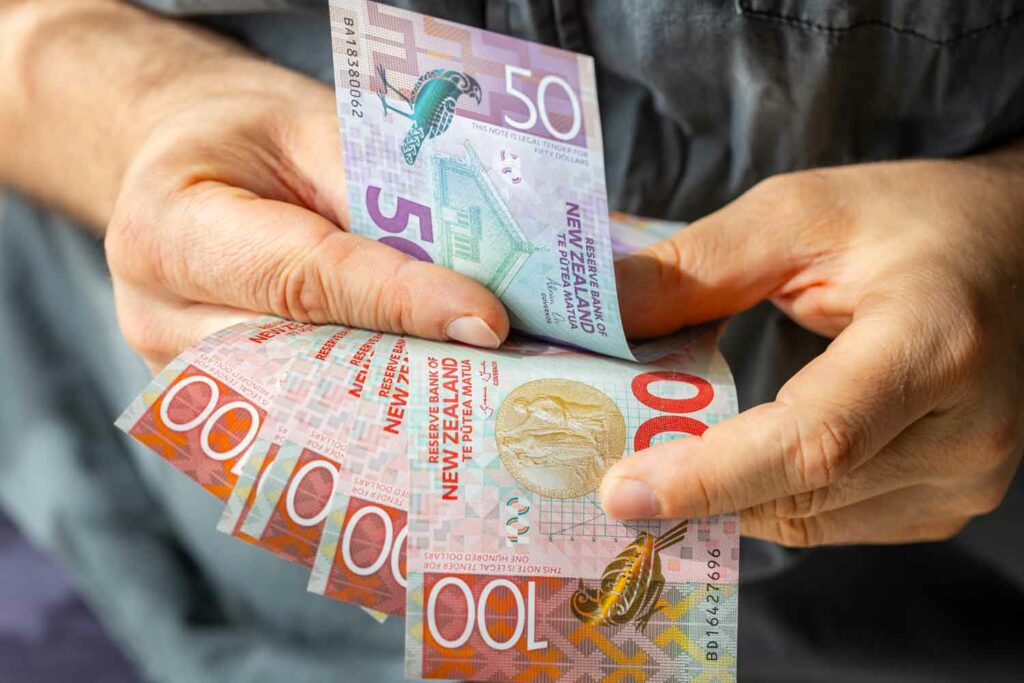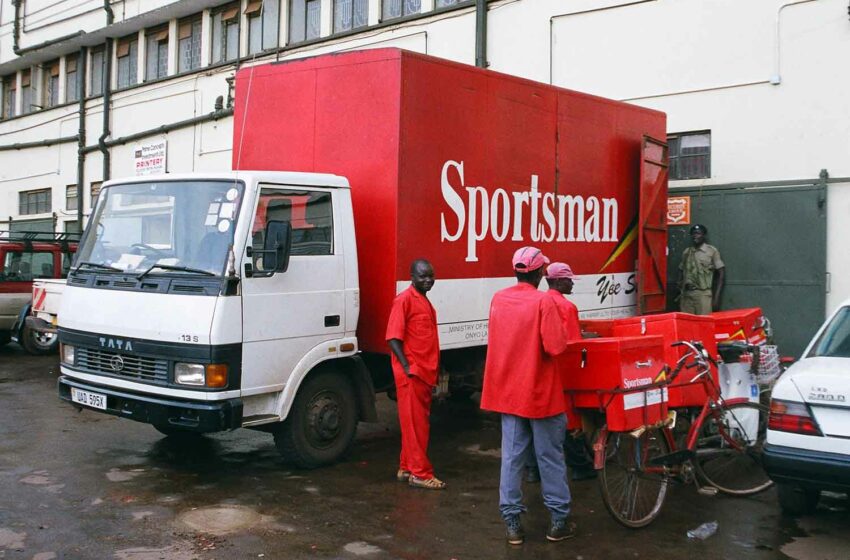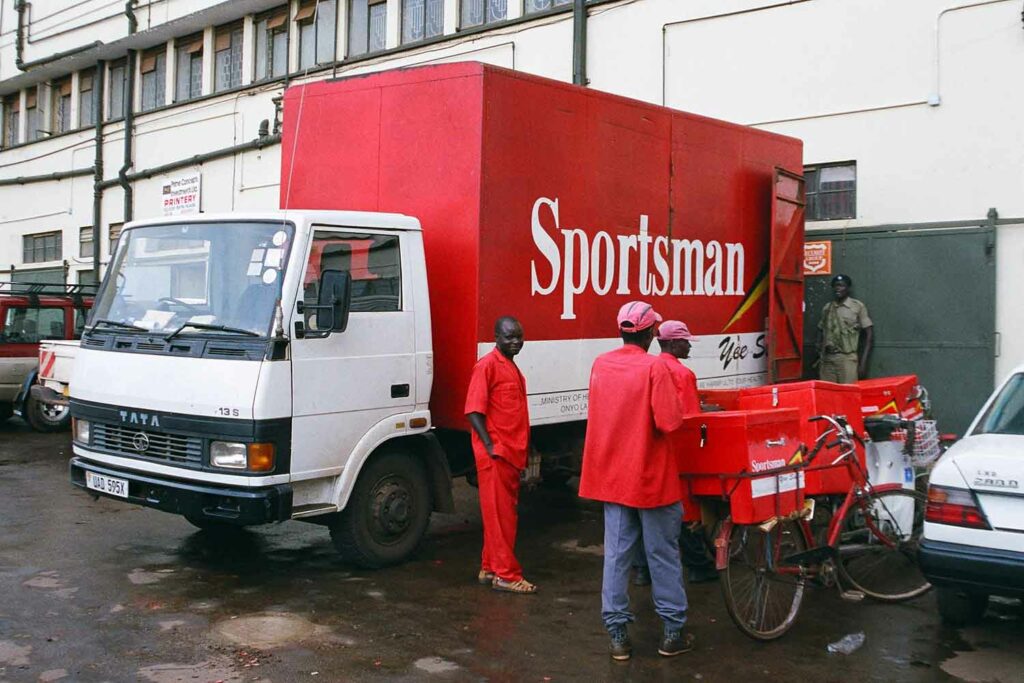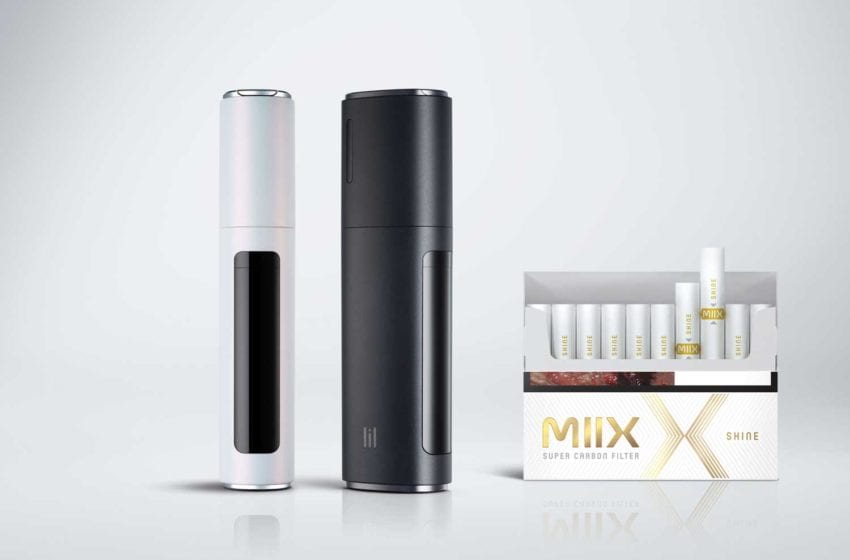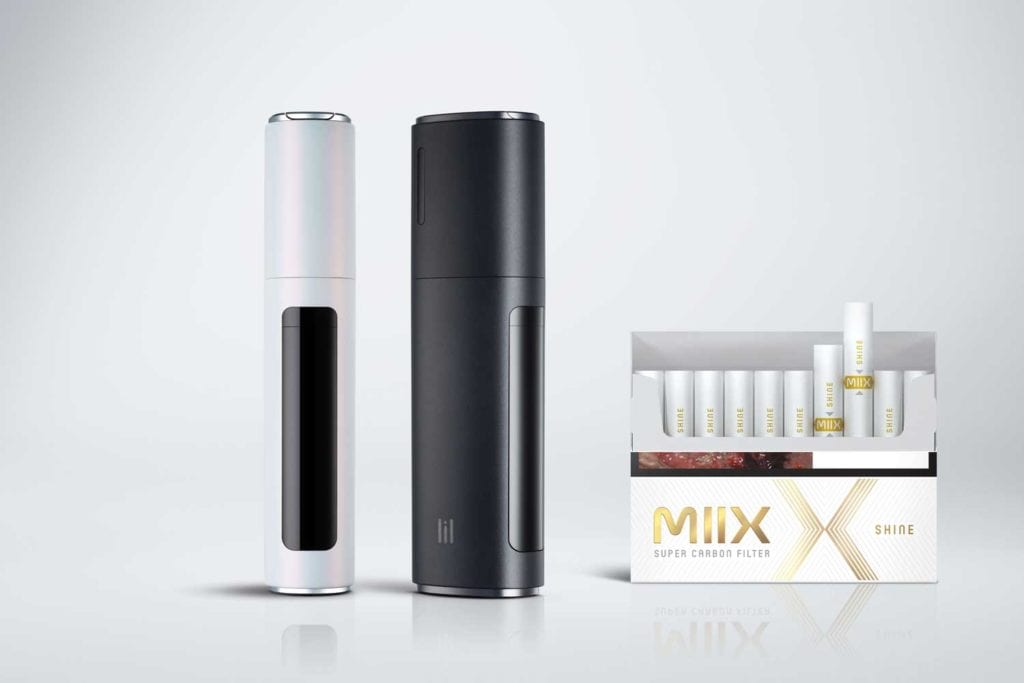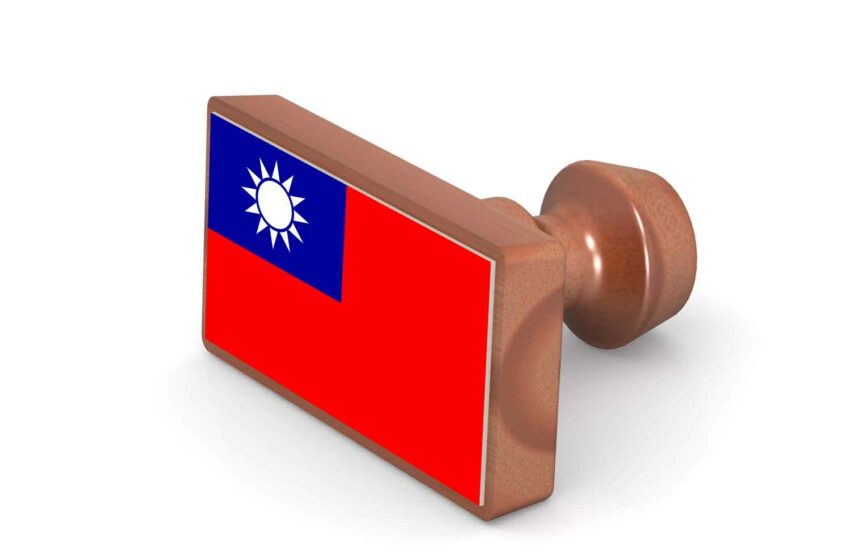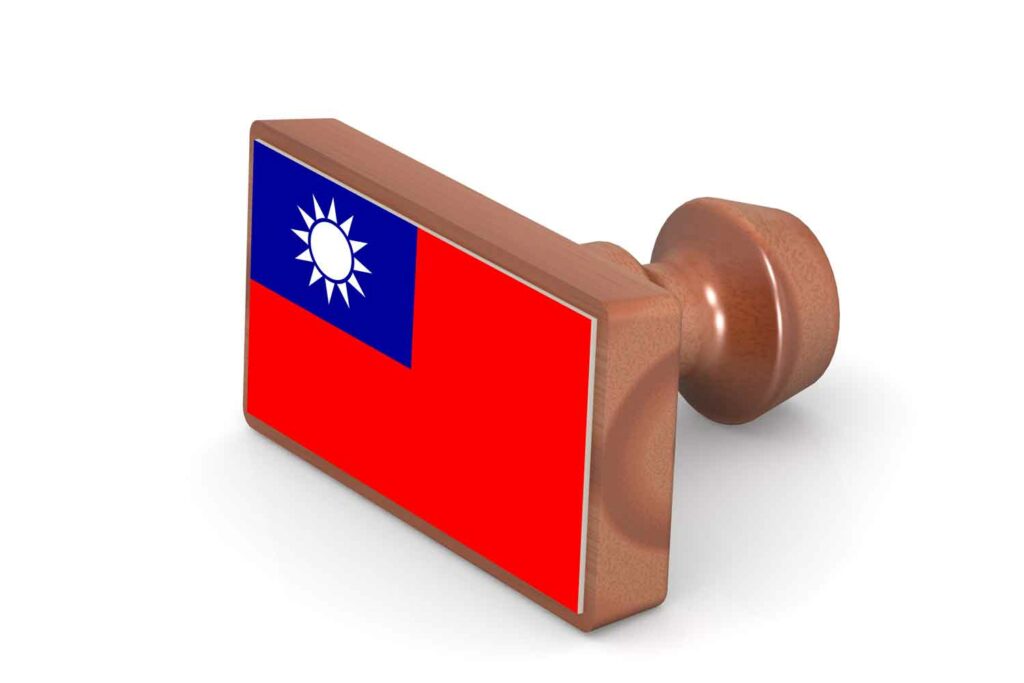
International collaboration, stringent regulation and enforcement are the cornerstones in the fight against illicit trade, according to Rodney van Dooren, head of illicit trade prevention at Philip Morris International.
Speaking at a trademark and brand protection conference, held in Delhi, July 23-24, van Dooren pointed out how prohibition has not been a viable option, while regulation and enforcement would be the solution to curb illicit trade.
“Approximately 12 percent of the global cigarettes consumed are illicit, which impacts governments across the globe to the tune of $40.5 billion in tax losses, van Dooren said.
“According to the Euromonitor report, one in four cigarettes consumed in India is illicit which translates to close to $2 billion in tax losses. There are various smuggling routes around the world for both counterfeit and contraband products, making this challenge not a domestic but a transnational issue that requires transnational solution.”
Van Dooren urged authorities to better leverage the existing free trade agreements and provisions within the World Trade Organization to raise awareness with transit and source countries.
“The next recommendation is to promote harmonization of existing gold standard regulations around ASEAN, supported by implementing rules, including the law enforcement agency that has jurisdiction and the related penalties,” he noted.
“The adoption of the regulation requires manufacturers and exporters to ensure that the goods being exported comply with the destination market regulation. Additionally, in transshipment, adopt regulation that allows for inspection of suspicious shipments and exercise jurisdiction by Customs or any appropriate law enforcement agency on IP-infringing violations. Lastly, strengthen domestic enforcement effectiveness by enhanced cooperation with the legal industry and inter-law enforcement agency cooperation.”

